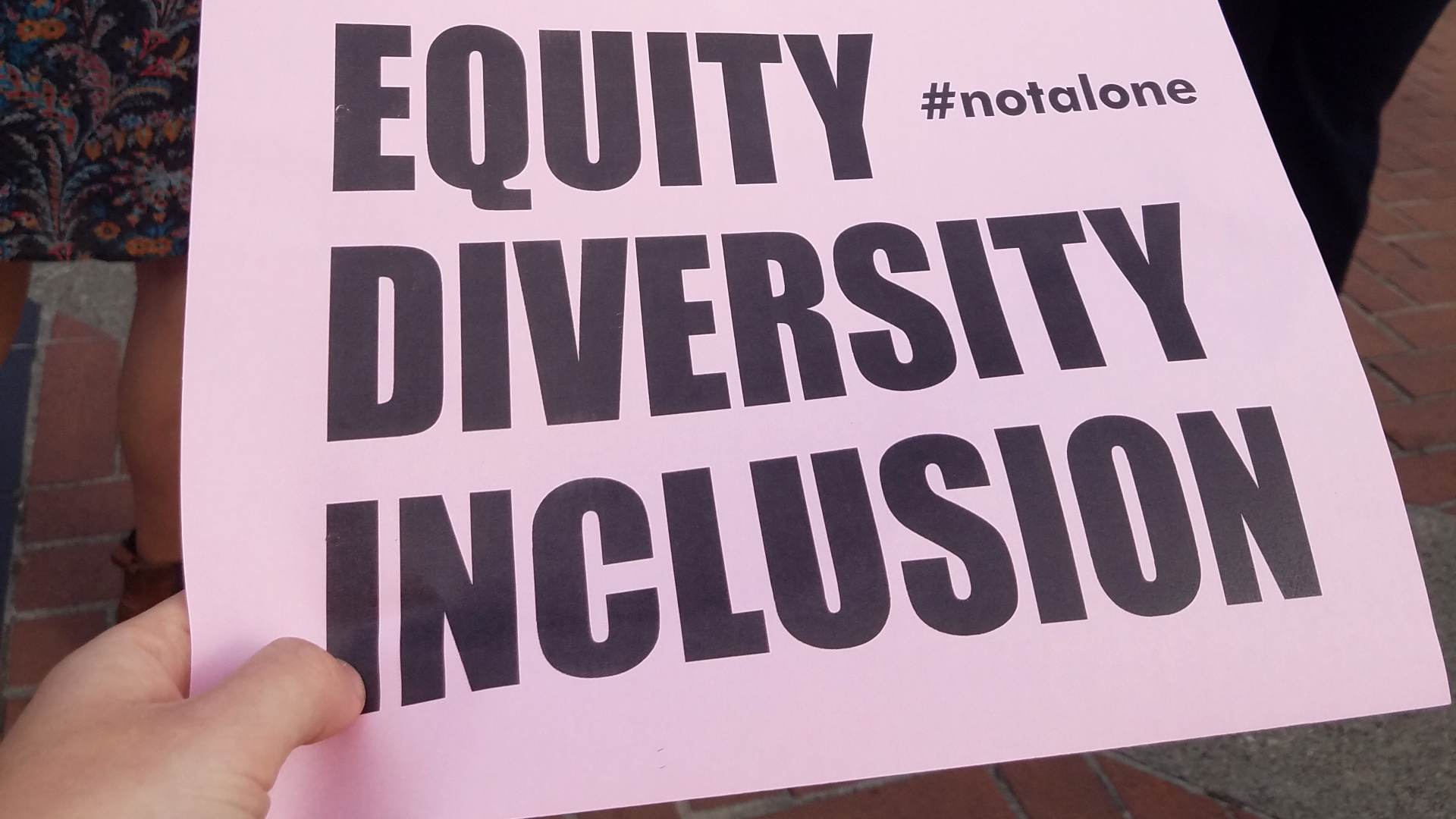The Romance Writers of America (RWA) filed for Chapter 11 bankruptcy in court on Wednesday, citing problems paying contracts and financial struggles from declining membership.
RWA President Mary Ann Jock in the filings blamed the loss in membership to disputes between members over DEI issues as well as circumstances related to the COVID-19 pandemic.
Chapter 11 Filing

US News reports that the RWA filed for Chapter 11 bankruptcy in the Texas Southern Bankruptcy Court in Houston.
The RWA will attend a hearing scheduled for Friday at 9 am by telephone with Judge Jeffrey Norman for an amended emergency motion to use cash collateral.
Who is the Romance Writers of America?

The RWA is an American-based non-profit writer’s association that was founded in 1980.
According to their website, their mission is to “advance the professional and common business interests of career-focused romance writers through networking and advocacy and by increasing public awareness of the romance genre.”
Owing Creditors

Court filings reveal that the RWA owes nearly $3 million to hotels which is “threatening RWA’s ability to continue to operate.” This group relies on hotels to host its annual writer’s conference and has struggled to meet long-term conference commitments amidst declining membership.
The RWA also owes about $74,500 in cash to other creditors.
Bankruptcy Plan

The RWA hopes to get approval for a three-year payment plan that will allow it to restructure itself and eliminate the debt it has accrued to the hotels and venues that it relies on.
The bankruptcy plan would redirect the RWA’s disposal income into paying their creditors off.
Declining Membership

RWA argued in its filings that one of the reasons it is struggling is a sudden and massive drop in members. Before 2019, the RWA was 10,000 members strong.
However, this membership number has dropped to around 2,000 at the current time. In the court documents, this membership decline is blamed on the COVID-19 pandemic canceling in-person events, as well as diversity controversies within the RWA.
DEI Primarily Blamed

In the filings, RWA President Jock blamed the loss of its first 7,000 members on “disputes concerning diversity, equity, and inclusion (DEI) issues between some members of a prior RWA board and others in the larger romance writing community.”
The remaining membership loss was blamed on circumstances related to the pandemic.
Pushing Back

Former RWA members and critics are pushing back on the organization blaming DEI, with one romance blogger calling the claim “utter horsesh*t.”
“It is APPALLING that on their way down the final swirl of the toilet bowl, the organization had to point blame anywhere but itself, and specifically mention DEI so that one person now has to manage a LOT of sudden public attention, which she has said on the record has not been and will not be great for her mental and physical health,” said romance blogger SB Sarah.
Retreat From Equality

Former RWA board member Courtney Milan views the problem in reverse, insisting that it is the organization’s own bad actions that are to blame for the decline in membership.
“It was a retreat from a commitment to equality that caused membership to leave RWA,” said Milan, who has advocated for making the RWA more inclusive.
Accusations from Writers

Disagreements around diversity flared up for the RWA in 2019 after accusations arose of racism because it did not give one of its “RITA” awards to a Black author until that year.
There was also a high-profile case where white authors filed an ethics complaint against Milan that accused her of “cyberbullying.”
Disproportionality

Critics of the RWA bring up the disproportionality of its membership compared to the general US population. Back in 2018, RWA membership was 80% White, compared to only an estimated 61% of the US population being the same.
The RWA board previously had promised to try to increase diversity in leadership and award winners, but it was unable to do so to the satisfaction of its critics.
Business is Booming

The RWA drop in membership comes amidst a relative boom in romance writing and bookstores. In February, The Guardian reported that romance bookstores are taking over America, asserting it is part of a growing trend.
“People are driving from states away – people who are seeing us online and want to come,” said Jaclyn Wooten, founder of Blush Bookstore in Kansas.
